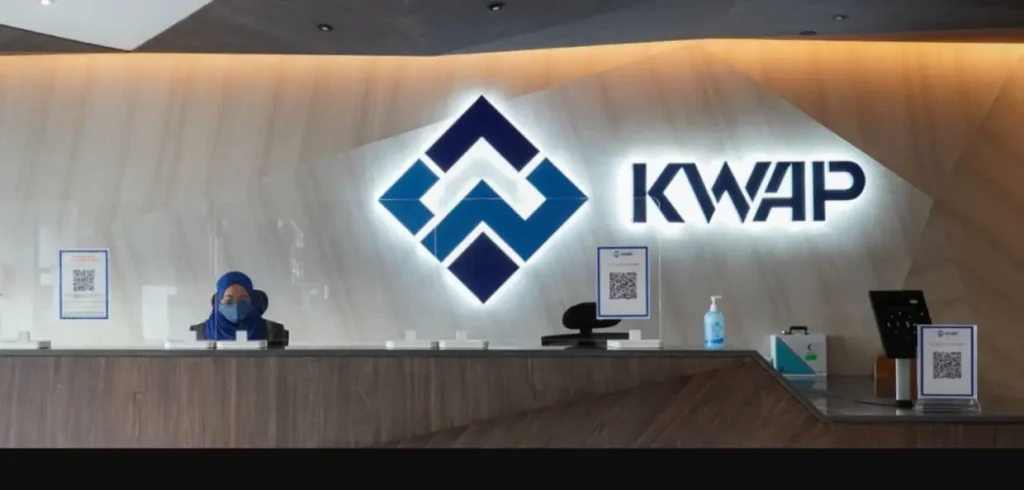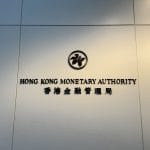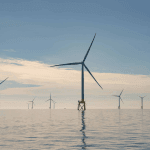Malaysian Pension Fund KWAP Launches $475M Climate Investment Fund to Accelerate Low-Carbon Transition

• Malaysian pension fund KWAP launches Dana Iklim+, a 2 billion ringgit ($475 million) climate-focused investment fund.
• Targets multi-asset climate solutions spanning infrastructure, private equity, real estate, and nature-based projects.
• Aligns with Malaysia’s National Energy Transition Roadmap and goal of net-zero emissions by 2050.
Malaysia’s Largest Pension Fund Targets Climate-Positive Growth
Malaysia’s public sector pension fund, Kumpulan Wang Persaraan (KWAP), has launched the country’s first dedicated climate-focused investment vehicle, Dana Iklim+, with an initial allocation of 2 billion ringgit ($475 million). The fund is designed to finance projects and companies accelerating Malaysia’s shift toward a low-carbon, climate-resilient economy.
Unveiled at the Kuala Lumpur Sustainability Summit 2025, the initiative reflects a growing emphasis on mobilising institutional capital for sustainable growth across Southeast Asia. The launch was officiated by Plantation and Commodities Minister Datuk Seri Johari Abdul Ghani, who is also acting Minister of Natural Resources and Environmental Sustainability.
“This fund demonstrates how Malaysia’s capital markets can be a force for climate resilience and inclusive growth,” Johari said, noting that public-private partnerships will be essential to achieving the country’s 2050 net-zero goal.
Multi-Asset Strategy for Measurable Climate Impact
Dana Iklim+ will deploy capital across four key areas – infrastructure, private equity, real estate, and nature-based solutions – to deliver both financial returns and measurable environmental outcomes. KWAP projects the fund could help avoid or mitigate up to one million metric tons of carbon dioxide equivalent through its investments.
“Dana Iklim+ is an integral part of our strategy to advance Malaysia’s transition to a low-carbon economy,” said Hazman Hilmi Sallahuddin, KWAP’s Chief Investment Officer. “As a responsible institutional investor, we are mobilising capital to drive real environmental impact and long-term sustainable growth.”

The fund’s structure is built on performance metrics spanning six impact dimensions, including climate resilience, national alignment, and contributions to the UN Sustainable Development Goals. By linking investment outcomes to measurable targets, KWAP aims to strengthen accountability and attract further private-sector participation.
Beyond Carbon: A Broader Sustainability Mandate
The “+” in Dana Iklim+ signifies a broader development mandate that extends beyond decarbonisation. The fund will also consider co-benefits such as food security, clean water, renewable energy access, and inclusive economic participation – reflecting a more holistic approach to climate finance.
“A credible climate strategy must address interconnected development goals,” Hazman said. “Through this fund, we aim to invest in solutions that create lasting value for Malaysia’s future – not only through emissions reduction but through shared prosperity.”
Dana Iklim+ is KWAP’s third catalytic programme, following Dana Pemacu and Dana Perintis, both designed to deepen Malaysia’s private-market ecosystem. This latest initiative places climate action squarely at the centre of KWAP’s investment agenda, aligning with national priorities including the National Energy Transition Roadmap, Madani Economy Framework, and the Ministry of Finance’s GEAR-uP initiative.
RELATED ARTICLE: Malaysia Raises $970 Million in Green Islamic Bond Sale
Institutional Capital and the ESG Finance Landscape
KWAP, which manages retirement savings for Malaysia’s public sector, is one of Southeast Asia’s most influential institutional investors. Its growing climate mandate mirrors a regional trend among pension and sovereign funds increasingly allocating capital to climate-aligned assets.
The fund also ties into KWAP’s own commitment to achieve a net-zero investment portfolio by 2050, a target in line with the Paris Agreement and Malaysia’s Nationally Determined Contributions (NDCs).
By investing in scalable renewable energy, green real estate, and conservation-driven nature-based projects, KWAP aims to generate demonstrable financial performance while catalysing market participation. “We want to show that institutional capital can create exponential impact – not just in decarbonisation, but in building resilience and delivering inclusive growth,” Hazman said.
Malaysia’s Broader Role in Regional Sustainable Finance
The launch of Dana Iklim+ positions Malaysia as a regional contender in Asia’s fast-evolving sustainable finance landscape. It complements other national initiatives – such as Bank Negara Malaysia’s Climate Change and Principles-Based Taxonomy and Bursa Malaysia’s ESG reporting standards – that aim to standardise and accelerate green capital flows.
For global investors, the fund offers both a signal and a pathway: that Southeast Asia’s transition financing is beginning to move beyond rhetoric toward structured, performance-based investment. As Malaysia ramps up implementation of its energy transition roadmap, Dana Iklim+ could serve as a prototype for future public-private climate finance platforms in the region.
If successful, KWAP’s approach may help close the financing gap that has long constrained Southeast Asia’s green transition – and reaffirm Malaysia’s potential to lead in sustainable capital mobilisation across emerging markets.
Follow ESG News on LinkedIn












